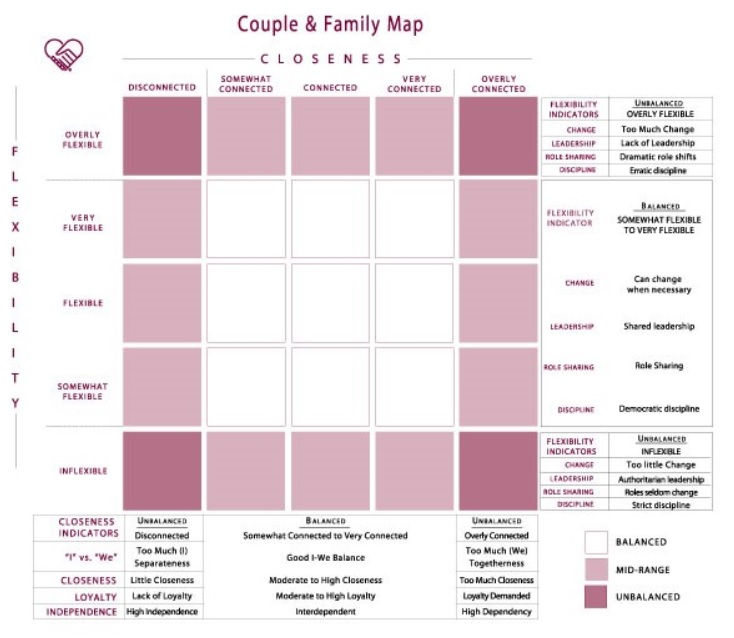Biblical Counseling: Applying Reformed Theology and the Five Solas into our every day lives
- rogerlinpsyd
- Oct 8, 2024
- 3 min read
Reformed theology is a cornerstone of the Christian faith, emphasizing the sovereignty of God, the authority of Scripture, and the five solas—sola scriptura, sola fide, sola gratia, solus Christus, and soli Deo gloria. These doctrines not only shape theological beliefs but also provide a framework for living a God-centered and Spirit-filled life. The purpose of biblical counseling is to apply biblical truths into the heart and life of the believer.
Understanding Reformed Theology and the Five Solas
Reformed Theology: At its core, Reformed theology emphasizes the absolute sovereignty of God in all aspects of life, salvation by grace alone through faith alone, and the authority of Scripture as the ultimate source for faith and practice. This theological framework traces its roots to the Protestant Reformation, articulated by theologians such as John Calvin and Martin Luther.
Five Solas:
Sola Scriptura (Scripture Alone): Scripture is the ultimate authority for faith and practice, instructing believers in understanding God’s will and purposes.
Sola Fide (Faith Alone): Salvation comes through faith in Jesus Christ alone, apart from any human effort or merit.
Sola Gratia (Grace Alone): Salvation is entirely a result of God’s unmerited favor and grace, not earned by human works.
Solus Christus (Christ Alone): Jesus Christ is the only mediator between God and humanity, securing salvation through His life, death, and resurrection.
Soli Deo Gloria (Glory to God Alone): All of life exists for and is to be lived for the glory of God alone, acknowledging His sovereign rule over every aspect of existence.
Applying Reformed Theology and the Five Solas into our Daily Lives
1. Sola Scriptura in Counseling: Counselors uphold Scripture as the authoritative source of wisdom and guidance for addressing life’s challenges. Counseling interventions align with biblical principles, offering clients a solid foundation rooted in God’s Word.
2. Sola Fide in Growth and Maturing: Emphasizing faith alone in Christ for salvation fosters a deepened trust in God’s provision and sovereignty. In counseling, individuals are encouraged to anchor their identity and worth in Christ, not in external circumstances or achievements.
3. Sola Gratia in Healing and Redemption: Understanding salvation by grace alone brings freedom from guilt and shame. Counselors emphasize God’s unconditional love and forgiveness, offering hope and healing in Christ for past wounds and relational conflicts.
4. Solus Christus in Spiritual Formation: Christ alone is the King for Christian living. Counseling interventions focus on aligning individuals’ lives with Christ’s example, fostering spiritual maturity and discipleship.
5. Soli Deo Gloria in Life Purpose: Counseling encourages clients to live with the whole-hearted passion of glorifying God in all they do. Through discovering and utilizing spiritual gifts, talents, and opportunities, individuals find fulfillment in serving God and others.
Practical Application
Wholeness: Integrating Reformed theology and the five solas in counseling promotes holistic transformation—spiritually, emotionally, and relationally.
Clarity and Purpose: Clients gain clarity and purpose in life through aligning their beliefs and behaviors with biblical truths.
Relational Harmony: Biblical counseling fosters reconciliation and unity in relationships by applying principles of grace, forgiveness, and humility.
Hope and Encouragement: By emphasizing God’s sovereignty and faithfulness, counseling offers hope and encouragement during times of adversity and uncertainty.
By applying these foundational beliefs into counseling practices, we can experience God’s transformative power in our lives, aligning our thoughts, emotions, and actions with biblical truth. As we seek to live out Reformed theology and the five solas, both personally and in our interactions with one another, we honor God’s sovereignty, embrace His grace, and strive to live for His glory alone.

Comments